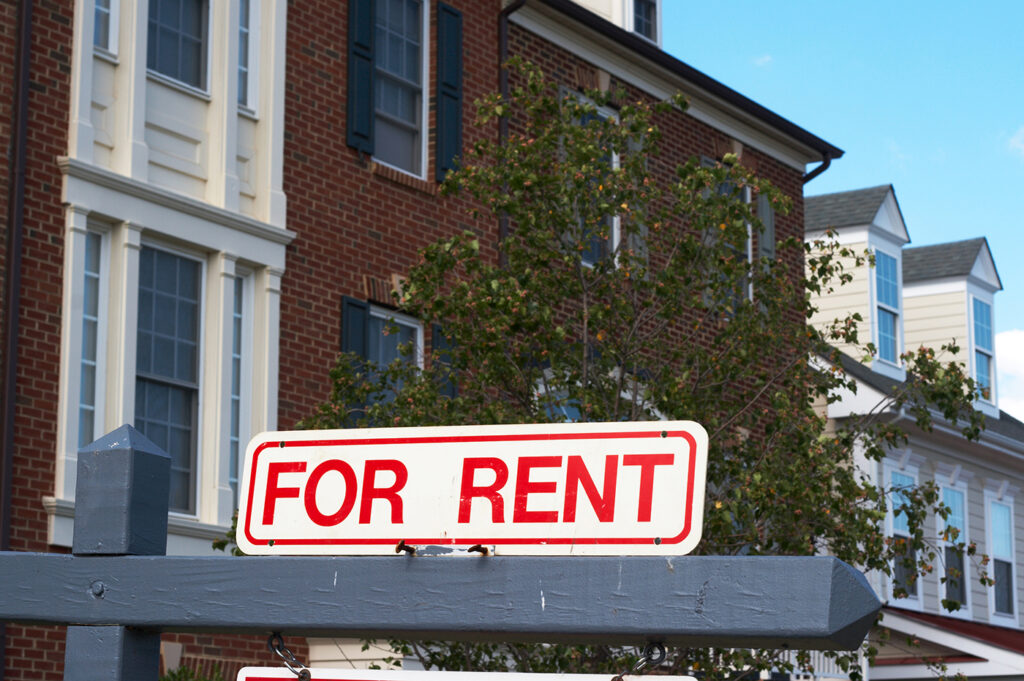It’s January, which means you have probably received a January property tax bill. This bill may include some changes that may surprise you. How is the January tax bill different from ones you received for the previous quarters? What can you do if you’d like to contest the information in that bill? We provide some helpful information on January property tax bills and abatements below.
How January Tax Bills Differ
Property tax bill fiscal years do not actually fall on calendar years, so it can be a bit confusing to understand. The fiscal year actually runs from July 1st to June 30th. You receive a tax bill every quarter: July, October, January, and March. The July and October bills are actually estimates. The January bill reflects the actual taxes, so it’s likely to be higher. It basically notes the tax bill for the year, credits amounts you paid for July and October, and shows the remainder due January (and the upcoming March).
Reasons for Property Tax Increases
There are two reasons why your taxes may increase on January property tax bills.
- Assessment Value Changes
Cities/towns may adjust assessment values for homes. This is not necessarily done every year. If done, they would normally refer to sales statistics of similar homes during two past calendar years. So, January 2018 assessments may be based on 2016 home sales. - Tax Rate Changes
The tax rate may increase for the fiscal year. Tax rates are per thousand of the assessed value. For instance, if the tax rate is $18 per thousand and the assessed value of your home is $400,000, then your tax bill would be 400,000/1,000*18 = $7,200.
On a year-to-year basis, cities/towns will either re-assess properties (increasing them to better reflect recent market conditions) or change the applicable tax rate. It would be rare for both to change in the same year. January is simply when decisions are made on property taxes, and it would apply to the entire July to June fiscal year.
Filing for Abatements
You cannot dispute the applicable tax rate, unless you have an exception that wasn’t applied. In most cases, homeowners will disagree with the assessed value of their property. Perhaps you believe the value to be too high or it’s based on incorrect square footage or features of your home. You can apply for an abatement, but this must be done before February 1st.
Before filing for abatements, keep the following in mind:
- Assessed values are not based on current market value. The market is constantly changing and assessed values do not fluctuate continuously with the market.
- Similar properties are used to determine assessed values, so you should not compare your home to ones that may differ dramatically in age, style, size, and location.
- Assessors may request an inspection if you are disputing the accuracy of your property’s information in the tax records.
Given the short period of time available for filing abatements, be sure to contact the assessor’s office quickly and learn exactly what information needs to be submitted with your request.
Summary of January Tax Bills and Abatements
Taxes are generally confusing. January property tax bills seem to throw off most homeowners because of the applicable period, changes in tax rates, etc. We hope that the information above helps!





